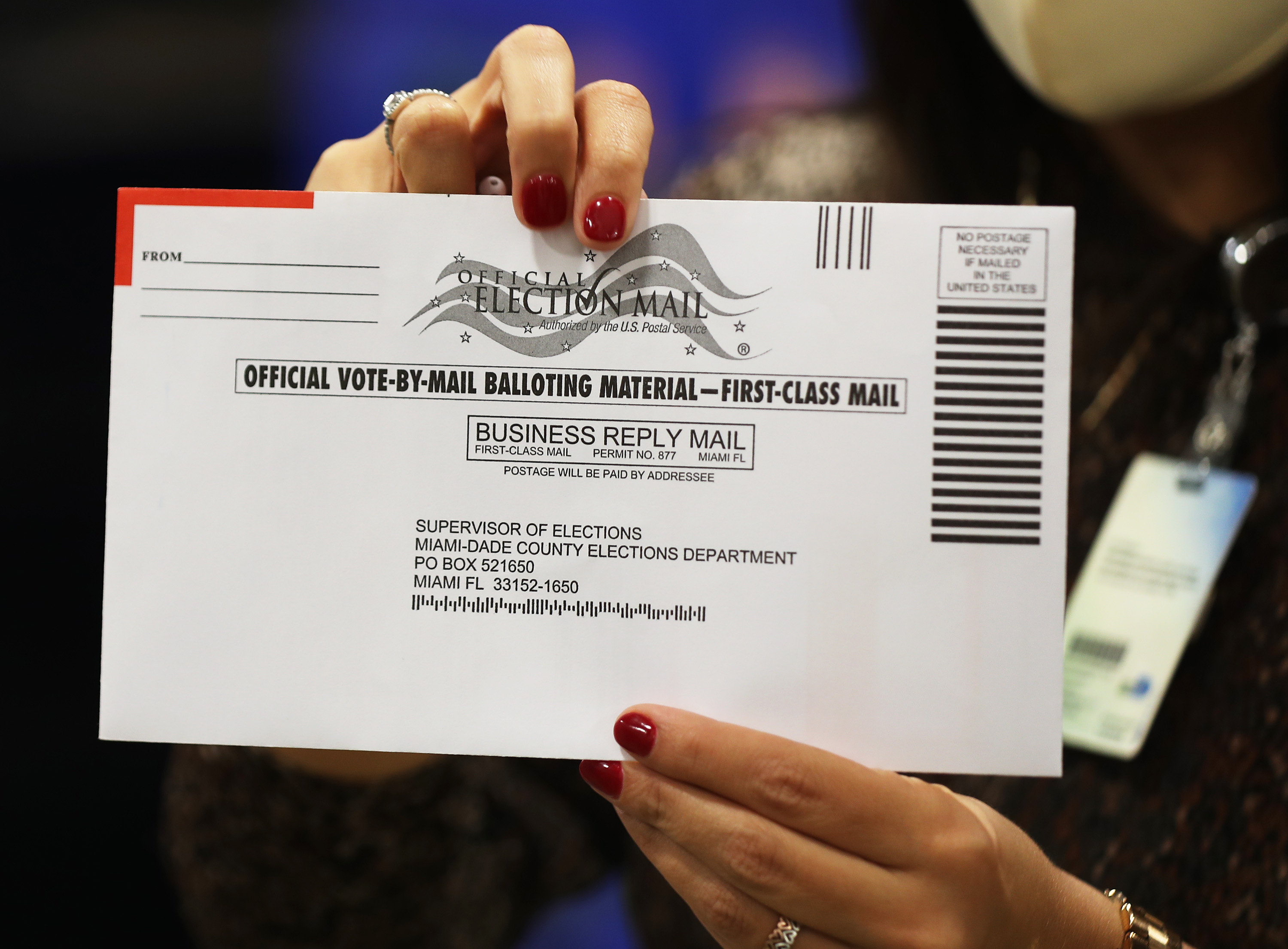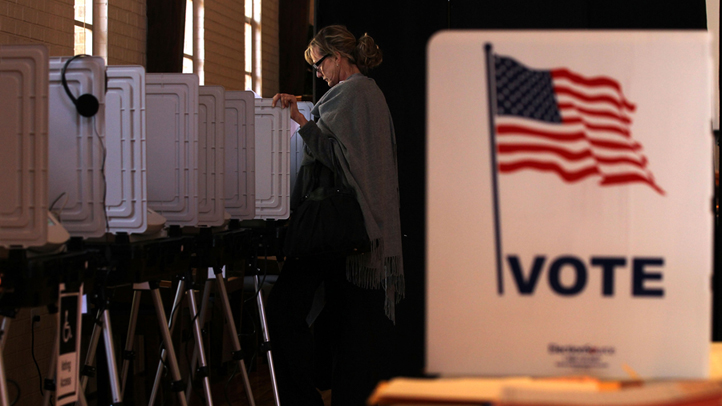California is considered to have the strongest set of privacy rules in the country, and anyone who has seen a website popup providing the option to tell a company not to collect and sell data has seen some of those rules in action.
Proposition 24 aims to expand those protections.
The yes campaign says it would stop companies from tracking people across devices and collecting sensitive personal information, while those against the proposition say it doesn’t go far enough and leaves loopholes open.
“These companies are the size of countries. They are the most valuable companies the world has ever seen, and they are that way because they have access to your data,” said Alastair Mactaggart of Californians for Consumer Privacy. “This is the gasoline that is fueling their engine, and we need to get control of that again.”
“It’s your health, your biometrics, it’s your sexual orientation, it’s your race, your ethnicity, and it lets you tell the business ‘you can’t use that information,’” Mactaggart said.
Opponents say the 52-page proposition is too complex and doesn’t go far enough.
“It actually adds a whole bunch of exceptions and loopholes that affirmatively weaken privacy protections for Californians,” said Jacob Snow, an ACLU Technology and Civil Liberties Attorney.
The no campaign says it still forces people to do all of the work.
“There are 300 data brokers on the California data broker registry,” said Snow. “So, if you want to have your information not sold by those data brokers, you have to go one by one to each of those 300 data brokers and fill out a form, and navigate that confusing flow.”
While both sides want tougher privacy protections, the ACLU says it fears the proposition gives companies more power.
“Prop 24 actually allows companies to charge you a fee if you want to have that privacy, and for people who can’t afford that, that means they don’t have privacy protections,” said Snow.
Snow says the framework should be that people have to opt-in, not opt-out.
The yes campaign says that framework has been struck down by federal courts in the past.
If passed, Proposition 24 would also establish the California Privacy Protection Agency to deal with enforcement and implementation.
It would cost taxpayers about $10 million per year.



